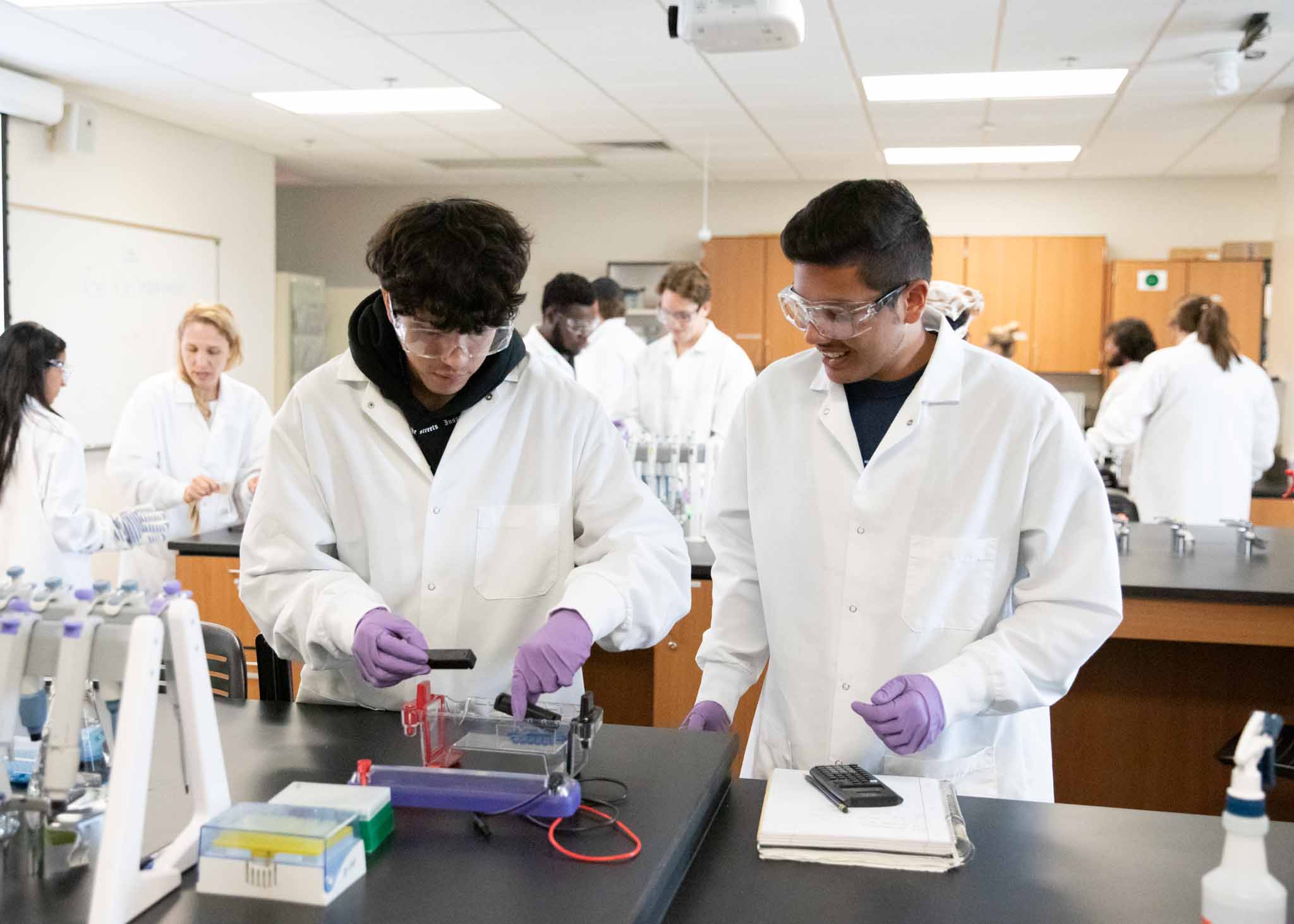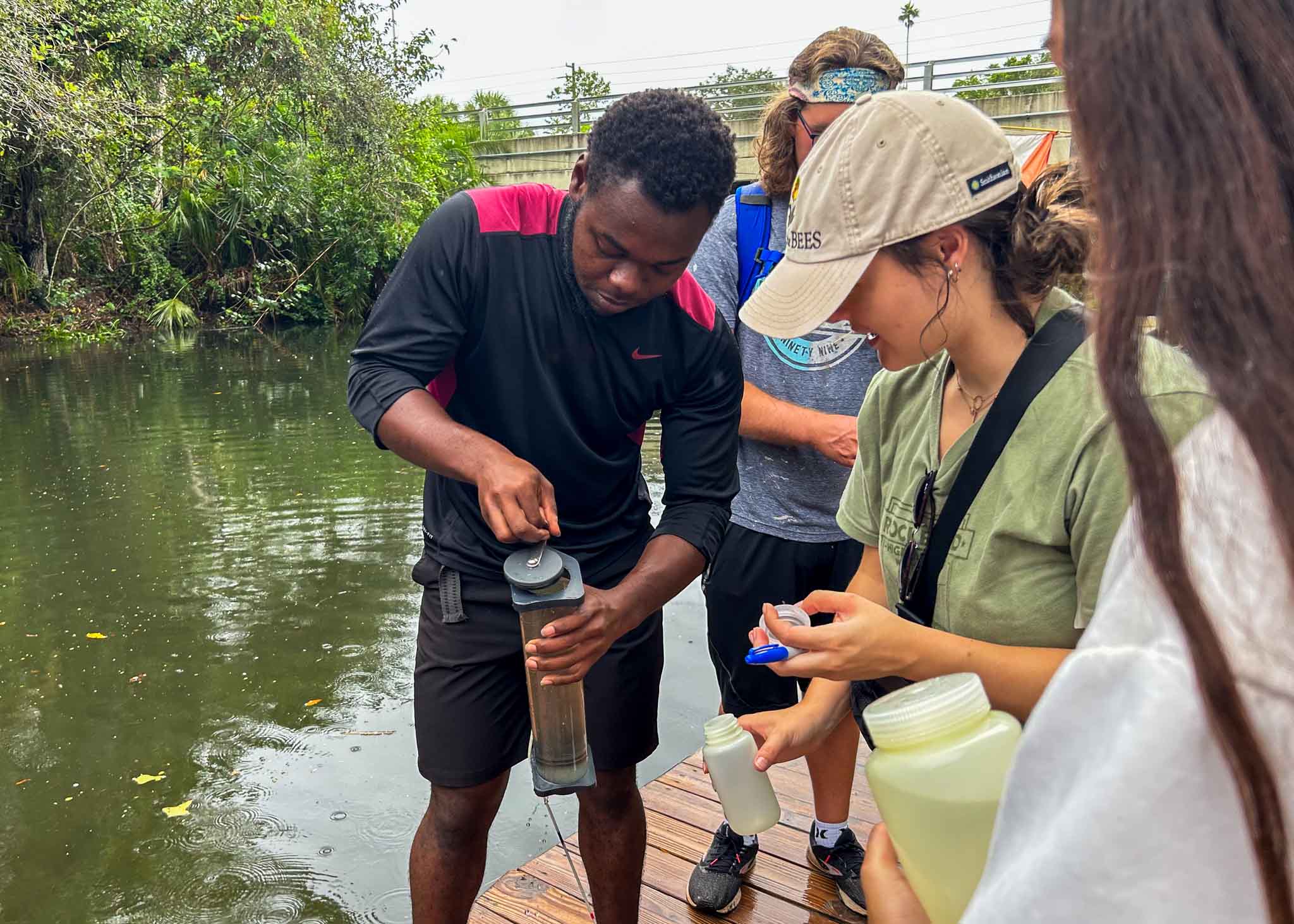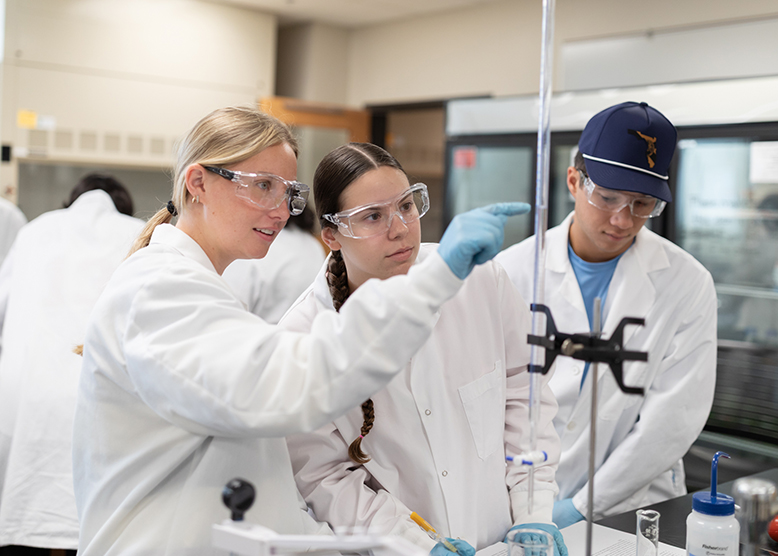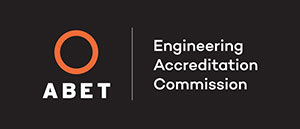Environmental Engineering (B.S.Env.E.)
Start your environmental engineering career today with our ABET-accredited Bachelor of Science in Environmental Engineering program, equipping you with real-world skills from the very first lab.



What Do Environmental Engineers Do?
Environmental engineers apply the principles of physics, chemistry, and biology to protect, restore, and sustain human health and critical ecosystems, including water, air, and land resources.
What is Being in the Environmental Engineering Program at FGCU Like?
- Participate in hands-on labs testing water quality, designing biotreatment reactors, and conducting life-cycle assessments (LCAs) of treatment, re-use, and recycling alternatives.
- Enjoy small class sizes and accessible faculty.
- Find undergraduate research opportunities in areas like water quality and resources, bioremediation, and hydraulic modeling.
- Join student organizations like the Florida Water Environment Association (FWEA).
- Learn industry standard state-of-the-art skills like GIS, ICPR, LCA, and AutoCAD.

The program helped me build a strong foundation in areas like water and wastewater treatment, solid waste management, water resource design, and air pollution. It was great to see how what I learned in class connects to real-world challenges. I also got hands-on experience with software like AutoCAD, Civil 3D, Bluebeam, HEC-HMS, Excel, and EPANET. One of the most valuable parts was networking with faculty and other professionals, which opened my eyes to career paths in environmental engineering I hadn't considered before.”
Where Do Environmental Engineers Work?
Because our curriculum is guided by industry needs, you'll learn specialized topics such as water infrastructure, stormwater design, land-use planning, pollution control, and resource recovery. This prepares our graduates for jobs in environmental engineering in a variety of areas:
- Water quality
- Drinking water production
- Air pollution control
- Site restoration
- Stormwater system design
- Sustainability Planning
- Wastewater and solid waste management
You'll also be prepared for further graduate study, such as with a Master of Science in Civil Engineering.
Top Companies Where Our Alumni Work
Carollo Engineers
Black & Veatch
CDM Smith
South Florida Water Management District
Kimley-Horn
Florida Department of Environmental Protection
What Do Environmental Engineering Graduates Get Paid?
The average salary for our environmental engineering alumni is $76,912.
Accelerate Your Future in Engineering
Fast-track your education and career with our Combined B.S. to M.S. Program in Civil Engineering. Designed for motivated students, this combined program lets you complete up to 9 graduate credits as an undergraduate, saving time and money. With concentrations in Sustainable Water and Construction Management, you will gain advanced technical skills, deepen your expertise, and stand out in a competitive job market. Whether you are aiming for leadership roles or seeking to make a greater impact in the field, this program will give you the edge you need.
Learn More-
Accreditation
Toggle More Info -
Admissions Information
Toggle More Info -
Program Requirements
Toggle More Info -
Degree Map
Toggle More Info -
Course Description
Toggle More Info -
Course Schedule
Toggle More Info -
Educational Objectives and Student Outcomes
Toggle More Info -
Learning Outcomes
Toggle More Info -
Tuition, Fees, and Financial Assistance
Toggle More Info

